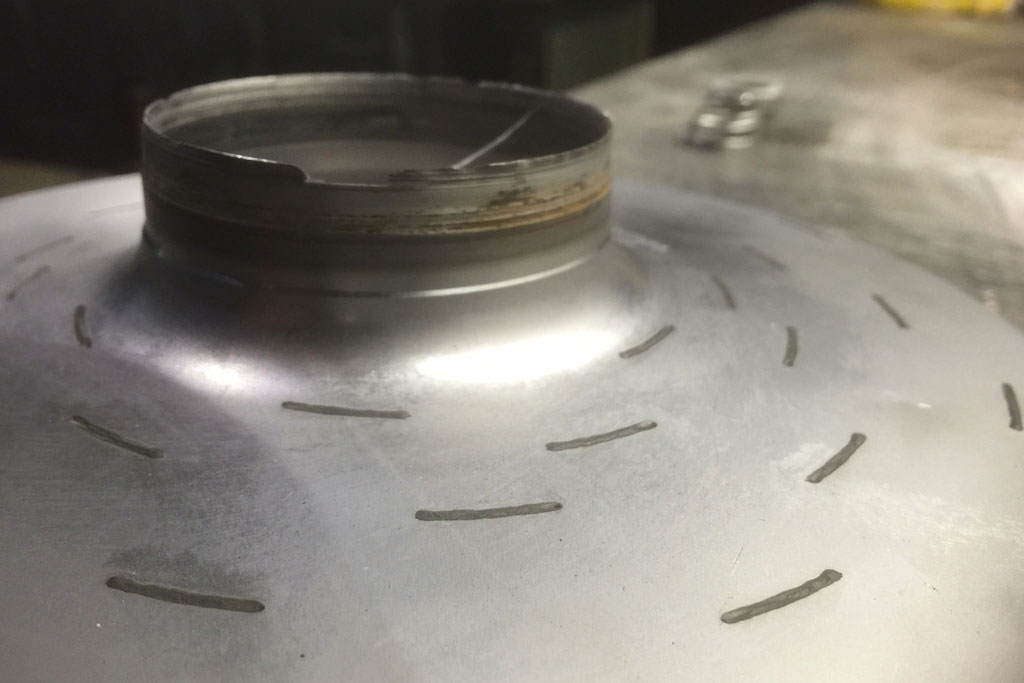Why should you worry about pump cavitation?

Pump cavitation is a primary cause of pump failure on mobile equipment. If left untreated, cavitation can cause major issues within your pump as well as impeding its function.
Cavitation is the formation of cavities (bubbles) in liquid. These bubbles develop around an impeller in areas of low pressure and, when they collapse or implode, they send shockwaves through the interior of the pump. This can cause serious damage to the impeller and the pump housing. It can also have knock-on effects to seals and bearings by triggering excessive vibrations.
Bubbles may not sound serious, but they can be deadly to a pump. When they explode under pressure, they create hot jets of fluid. Cavitation bubbles are frequently located on metal parts of the pump, and this metal is heated by the implosions. The result of this are small pits within the metal that impact the pump’s efficiency in the first instance and can later cause complete failure.
There are two types of pump cavitation. Suction cavitation occurs when pumps are under either low pressure or high vacuum conditions. Cavities form at the eye of the impeller when the pump isn’t receiving enough flow, and the bubbles eventually implode against the impeller. Discharge cavitation occurs when high discharge pressure affects how fluid can flow out of the pump so it flows around inside at high velocity until the cavities implode. An extreme result of discharge cavitation is that the impeller shaft can break entirely.
One effective signal of cavitation issues within your pump can be found in the noise it makes. One of the most common descriptions is that sounds as though marbles are rolling around inside. However, if equipment is mobile, these noises can be trickier to identify, meaning that any cavitation damage may not be detected until the pump fails and you’re searching for an explanation.
The best way to deal with cavitation is to arm yourself with knowledge and try to prevent it occurring in the first place. This can include measures such as ensuring pumps have flooded suction, clearing the reservoir of rags, and only using high quality hydraulic fluid to ensure ease of pumping.
In the case of cavitation, prevention is better than the cure. Arm yourself with knowledge about the causes of cavitation and your pump is more likely to last.
